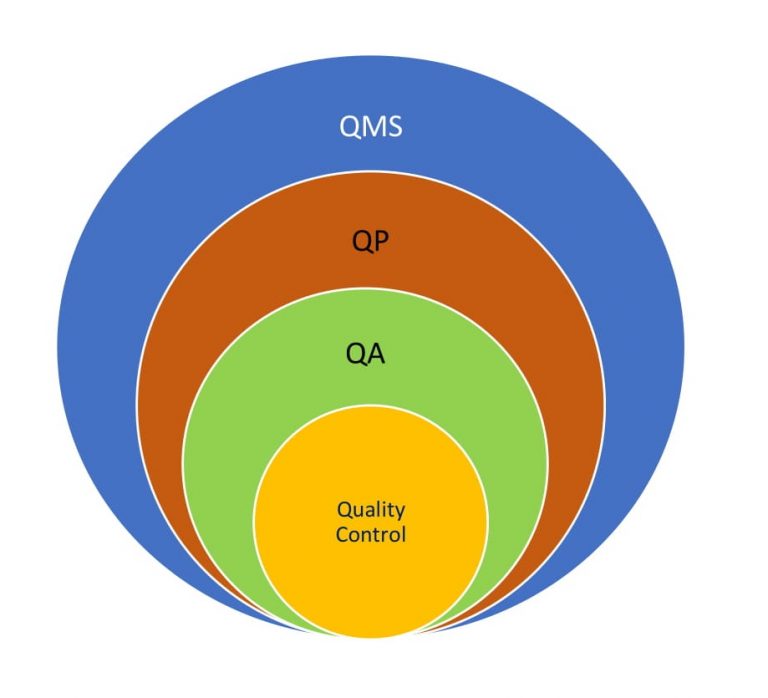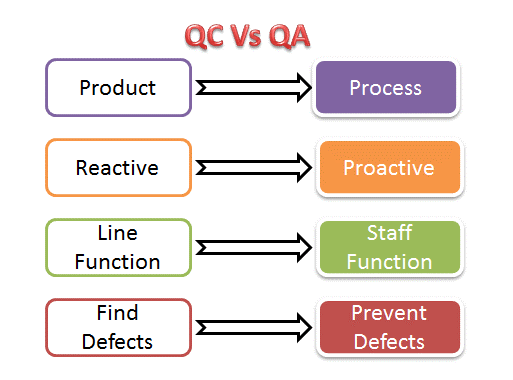
Table of Contents
ToggleQuality at Construction Projects- The Start Up
SK SAXENA - PMP
Q SK - 24 March 29, 2019 -
Manage All Your Daily Quality Tasks
Through A understanding of Quality
Quality (the degree of excellence) is necessary for every output (in the form of goods, services and results) required to be produced for a purpose ( in every field associated with the development of mankind, the nation and the universe , in a sustained environment associated with land water, air and the management of social, political, cultural, economic etcetera parameters) . For the quality output, the system requires quality inputs and quality process / techniques (designed and developed by quality innovation by quality people – in thoughts, words and actions)
Quality is defined as the degree to which the project fulfils the requirements
As such for a quality output we require
Quality people
Quality inputs
Quality processes
(for any and all type of output)
Special terms / words associated with Quality output
Quality Management system (QMS)
Quality Management System (QMS) is a series of functions and activities (sub-processes, stages, phases, etc.) within an organization, that work together in order to achieve the goals of the organization.
A good QMS will:
Set direction and meet user’s expectations
Improve process control
Reduce wastage
Lower costs
Increase market share
Facilitate training
Involve Staff, Management and Stakeholders
Raise morale
Steps involved in development of QMS are:
Design
Build
Control
Deployment
Measurement
Review
Improve

Quality is an investment in project construction, and if managed, it reduces cost of construction because, in the long term doing it the right things the first time, is less expensive (than setting it right later when it costs multiple times).
1. Quality Planning
A quality plan is a document that provides specific details of quality standards, good practices, resources, specifications, processes, inputs, tools and techniques for a desired output, along with details of quality metrics, control. corrective actions and monitoring and reporting mechanisms. This document may be revised if required for managing the quality aspects during the execution period.
2. Quality Assurance
Quality assurance (QA) is a way of assuring the quality output of the product or services. It assures that the measures planned for execution process are put in practice during the execution period effectively and efficiently to get the desired and acceptable output.
3. Total Quality People
Total Quality People /Persons are the people / persons with
Character-
(personality, nature, disposition, temperament, temper, mentality, etcetera)
Integrity,
(honesty, uprightness, good character, righteousness, morality, nobility, high-mindedness, right-mindedness, noble-mindedness, truthfulness, trustworthiness etcetera)
Good Values
(Dependability. Reliability, Loyalty. Commitment. Open-mindedness. Consistency. Honesty. Efficiency)
Positive attitude
A positive attitude helps a person to look at the positive side of the things – a look for optimism, good things to happen, – and people with such attitudes are easy to handle and can handle others as well.
A person with a positive attitude learns from the mistakes and failures and takes risk. They are confident and takes challenges effectively.
Such people / persons
Increase productivity
Solve problem
Believe in team work
Create good work environment
Are loyal to organization
Maintain good relationship
Profitable
Help each other
Have pleasing personality
Total Quality Management focuses the organization’s goals on a well-planned QMS for meeting the needs of the customer. It is defined as successful implementation of Quality Plan, Quality Assurance and Quality Control, so that the product is delivered to the requirement and satisfaction of customer.
5. Quality Control
QC is a system of maintaining standards in manufactured products by testing samples of the outputs against the specifications. In practice data is collected on sample basis for the attributes of the product or services output, and the variations, if any are reported for improved quality assurances or corrections on the basis of defined and approved metrics.
Quality Control focuses on the process of producing the product or service with the intent of eliminating problems that might result in defects.
Quality Assurance makes sure you are doing the right things, the right way.

Various definitions of Quality
1. Fit for Purpose
If the product or service developed has no problem in its use, it can be said that the product is fit for use and is considered as quality product. The quality attributes may not be measurable
2. Conformance to Requirements
When a project is started, its scope and requirements are determined, and specifications are set.
After the development of the product or service or result, it is checked for the fulfillment of requirements. If it is conforming to the requirements it is considered as quality output.
3. Quality Is Cost
Cost effective product is developed. The stress is on less costly output but with a product of acceptable standard.
4. Quality is Price
Product development is considered at low price of economic design, but the output is a quality product.
5.Quality is a Standard
The quality of the product is assessed based on Industry standards.
6. Quality is Value for Performance
The developed product is valued for its performance. The customer may not mind the cost of the product against its valuable performance.
Our quality thoughts help us to provide quality directions.
Our quality work output helps in development of society
Our quality actions improvise the outputs in any field of action services, works, production etcetera.
Quality has several definitions given by the quality GURus and eminent personalities.
Why- because it is important in every aspects of actions / outputs. It is everywhere: in our thoughts, words, actions and these encompasses the whole area where we talk about the quality.
There are various actions imbibed in Quality Management System (QMS) that are developed and have lot of directions that includes what to do, what to avoid, what processes and procedures to follow and ultimately all of them depends on the organization’s policy.
Today lot of action plans are available as what to do in managing quality. The ultimate thing require is to have positive thought process and positive efforts to convert the ideas in action.
Sincere actions are required by following the planning process, execution process, the control process. the analysis of control data, the necessary changes to plan and re- execution of plans and so on.
All this require dedicated teams, sincere actions, based on skill, knowledge and tool and techniques required for quality output.
So, it is necessary that the thoughts, words, and deeds are sincere, before going for quality management.
It is noticed that, quality planning, if done based on the quality policy is almost right.
Problem arises when the planned assurance measures and feedback after quality control operations are defective. This may be by not putting the right person at the right job and the effect of project constraint.
The project management must remain involved in managing the processes of project effectively. The Knowledge area and process groups have all the required processes. So, it is important that all the knowledge area planning when put to execution and monitoring should have sincere actions.
A person who believes only in progress output, or financial output may not have belief in quality output. And if such persons are supported by the top management, forget there shall be any quality output.
All the processes of the project must have quality handling to give quality output and this depends on how the processes are being managed. That is why quality is more a management issue.
Most of the fruitful results of the actions are based on quality planning, A good planning orients the execution towards the desired output
When things are planned, the direction of movement is known. And if not planned it is directionless situation and may achieve undesired output or any output.
Quality as defined in dictionary:
“The quality of product (services or goods) is its ability to satisfy the needs and expectations of customers”-Bergman Kiofsjo-1994
Quality GURUS | And their Contribution for Quality |
W Edwards Deming | PDCA, Kaizen (continuous improvement) |
Joseph Juran | Do it right first time |
Philips Crosby | Cost of Quality (Prevention Costs, Appraisal Costs,Failure Costs) |
Shigeo Shingo | Poka-Yoke, Mistake Proofing, SMED, Just in Time Production, and Jidoka. |
K Ishikawa | -the quality does not mean the only the quality of product, but also, after sales service,the company itself and the human life |
Taiichi Ohno | Seven Wastes |
